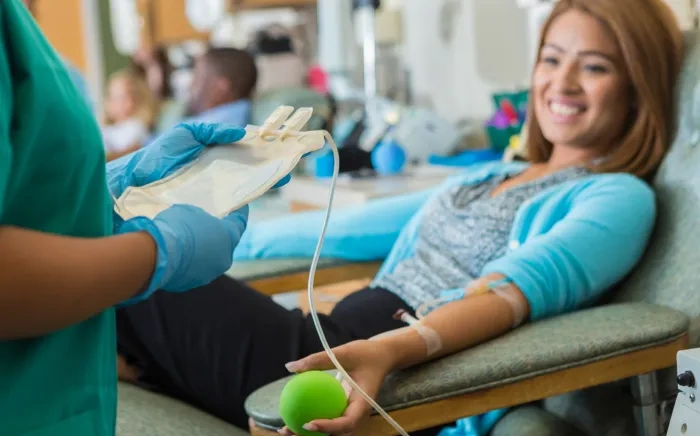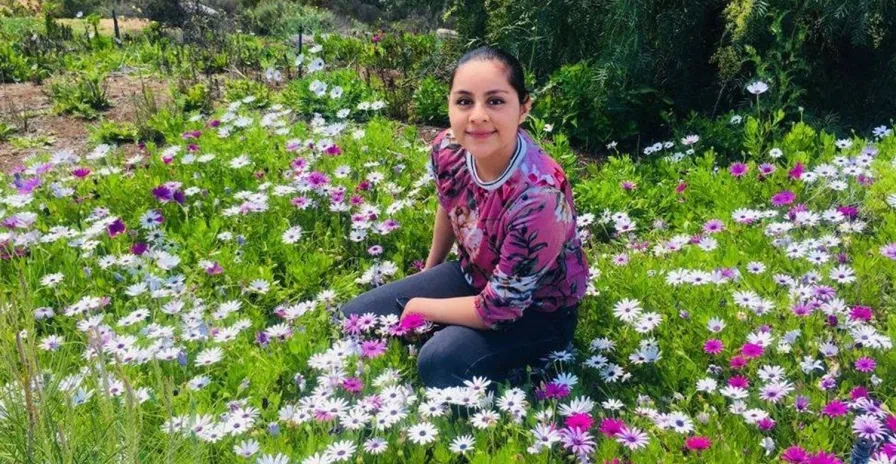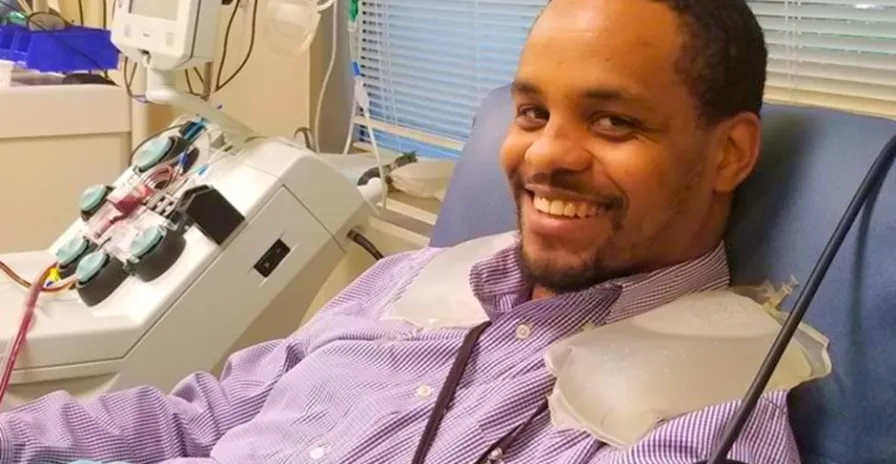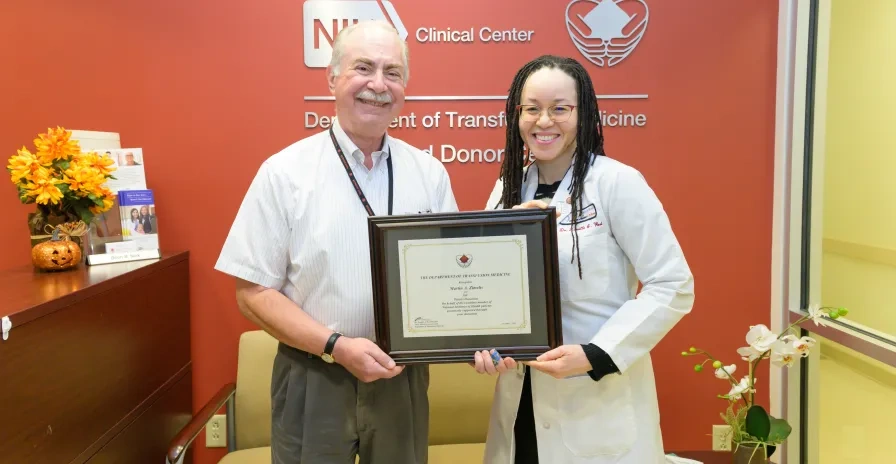Critical Needs
Platelets are also greatly needed.
Schedule your appointment today!
Donating at the NIH Blood Bank

Can I donate if...?
Read this list of questions donors frequently ask. The eligibility criteria for donation at the NIH Clinical Center’s Department of Transfusion Medicine reflects local NIH policy as well as national regulations.

Different Types of Donations
There are a few different kinds of blood donation: Whole blood donation is the most common and takes all the parts of your blood, whereas the other types of donations use a process called apheresis to take a part of your blood. There are different eligibility requirements for each kind of donation. Read to learn more about the types of donations you can make at the NIH Blood Bank.

African American Blood Donors Needed
Black and African American donors are most likely to be a match for patients with sickle cell disease who are participating in clinical research studies at the NIH Clinical Center. However, less than 3% of blood donors are Black. Find out more about the need to diversify the blood supply.
Did You Know
The blood you donate at the NIH Blood Bank is used to support the many patients who come from all over the world to receive treatment. The whole-blood and component requirements of the Clinical Center vary according to the needs of the current patient population.
Red Blood Cells units to treat patients with chronic anemias
Platelets units to control bleeding in patients with leukemia, cancer, etc.
Plasma units for patients with surgical, cancer, and immunologic deficiencies
Cryoprecipitate units for patients with bleeding disorders
Granulocyte units for severe infections linked to white blood cell disorders
Thank you for your interest in us. We'll do our best to be helpful.
MAILING ADDRESS
NIH Blood Bank
10 Center Drive
Bethesda, MD 20892
NIH Donor Center at Fishers Lane
5625 Fishers Lane
Rockville, MD 20852 (Suite 1S02)
PHONE
Platelet Apheresis Donor Program Coordinator:
(301) 496-4321
Hemochromatosis Program Coordinator:
(301) 435-3049
Research Donor Program Coordinator:
(301) 496-0092





